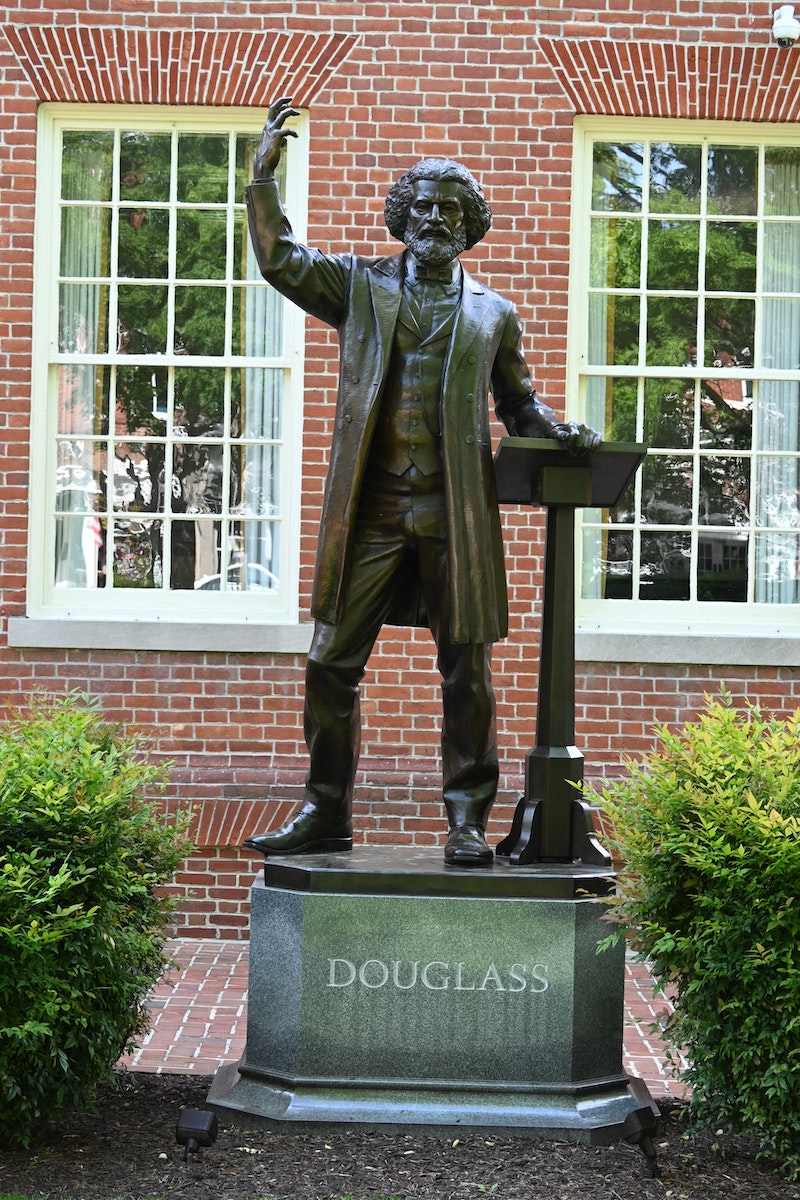“Dad, what is Black History Month about?” my daughter asked 12 years ago.
I remember thinking long and hard before giving an explanation of such an important answer to this relevant question. I was careful to follow my mother’s example of always concentrating a great deal to focus on positives, but not leaving out important, uncomfortable information that can help one better appreciate the positives.
I started out telling my daughter that she could achieve more in the present and future by learning and appreciating her history. I shared stories of hardship and triumph for African Americans. I explained that hardships made triumphs more difficult, but proved that a Black little girl such as herself could accomplish anything no matter the circumstances.
Now that my daughter is a young lady exhibiting great accomplishments through her academic endeavors, I am confident that my guidance was helpful.
‘Do Better When You Feel Better’
I recently had a conversation with one of my colleagues about the medical benefits of Black History Month. He was confused when I shared that this important month has and will continue to improve the health of our community. When asked to explain, I told him the nature of humans that my grandmother shared with me.
“You can do better when you feel better,” my late Grandma Mazie would tell me.

I then told my colleague how she always encouraged me to hold my head up high! During the time of my childhood when our financial situation was at its lowest point, we moved into her home. My grandmother affirmed me when I didn’t have the nicest clothes or other amenities that other children had at my school. Grandma Mazie reminded me of other children that looked like me and lacked desirable advantages just like me, but still achieved great success.
I remember her pride as she told me of the accomplishments of Frederick Douglass—an escaped slave with no resources who became one of the greatest social reformers, abolitionists, orators, writers and statesmen. She helped me believe that I could accomplish anything by learning from successful Black people with far fewer resources who came before me.
My colleague politely interrupted me to remind me of the question of how Black History Month can help a community gain better health. With a smile, I told him that the stories my grandmother told me of other African Americans who overcame significant obstacles to gain success increased my pride and self-confidence.
I shared first-hand experiences over the past 19 years in medicine of witnessing patients gaining confidence in themselves just by maintaining better compliance with their medical regimens. I’ve seen many patients with a poor self-image exhibit poor compliance. I will never forget a patient who told me there was no purpose in taking her blood pressure medication, eating healthy, or exercising because her existence doesn’t matter.
Black History Month is an opportunity to have open dialogue with everyone, adults and children, to learn encouraging stories of humans from our history who overcame and found success. This encouragement provides an opportunity to help everyone gain a higher sense of self, which can result in an increased determination for better life circumstances, including improved health.
My colleague, who is not African American, shared that he felt inspired, and decided to follow my grandmother’s example with his children hoping to inspire them with the gift of Black History Month.
This MFP Voices essay does not necessarily represent the views of the Mississippi Free Press, its staff or board members. To submit an essay for the MFP Voices section, send up to 1,200 words and factcheck information to azia@mississippifreepress.org. We welcome a wide variety of viewpoints.






